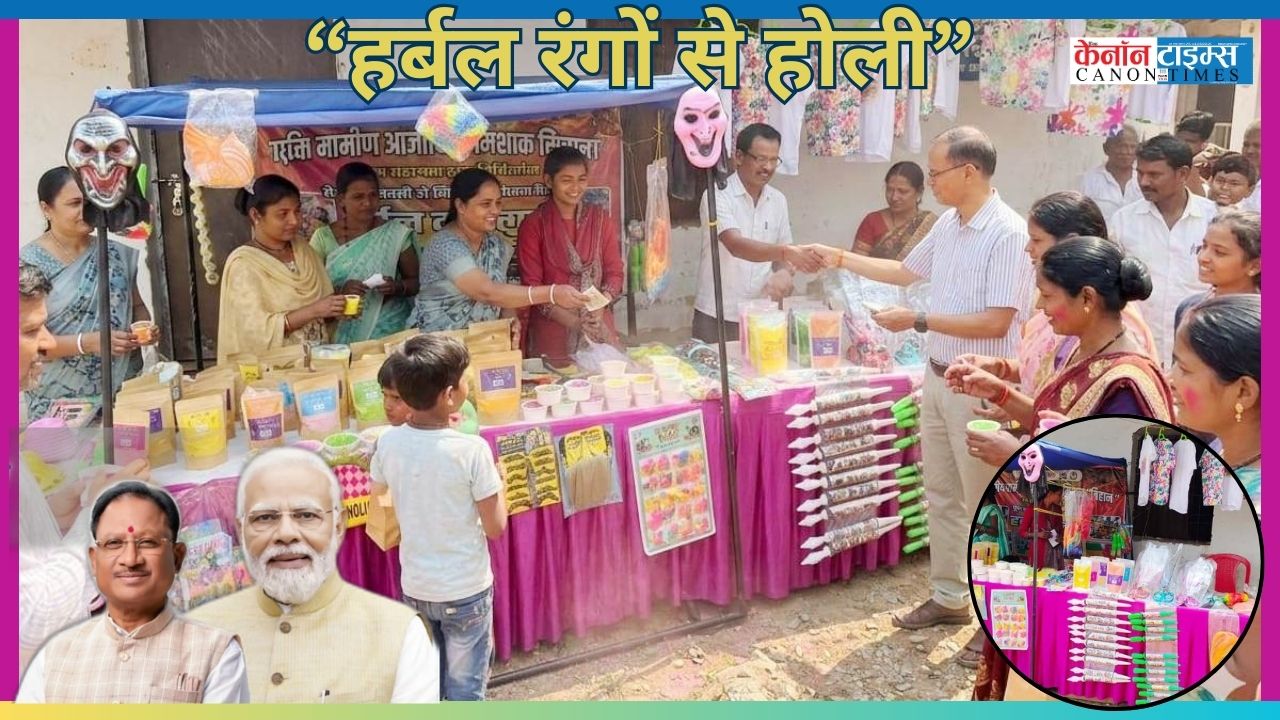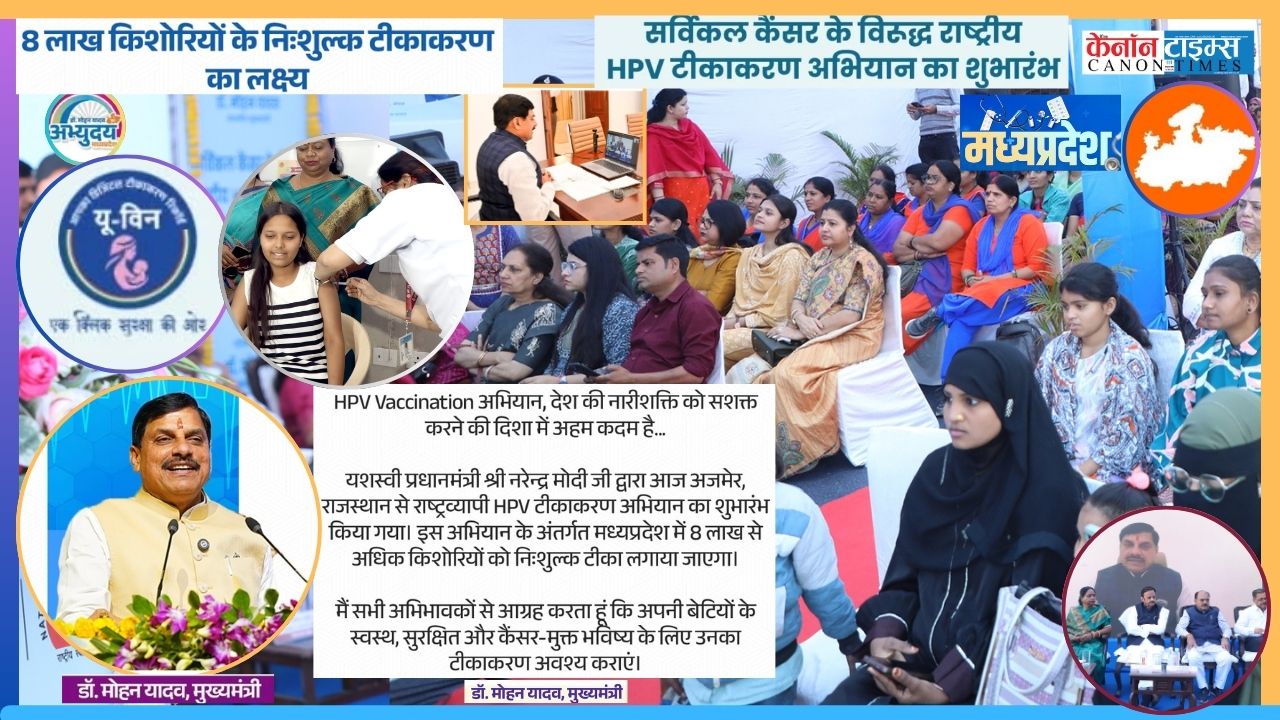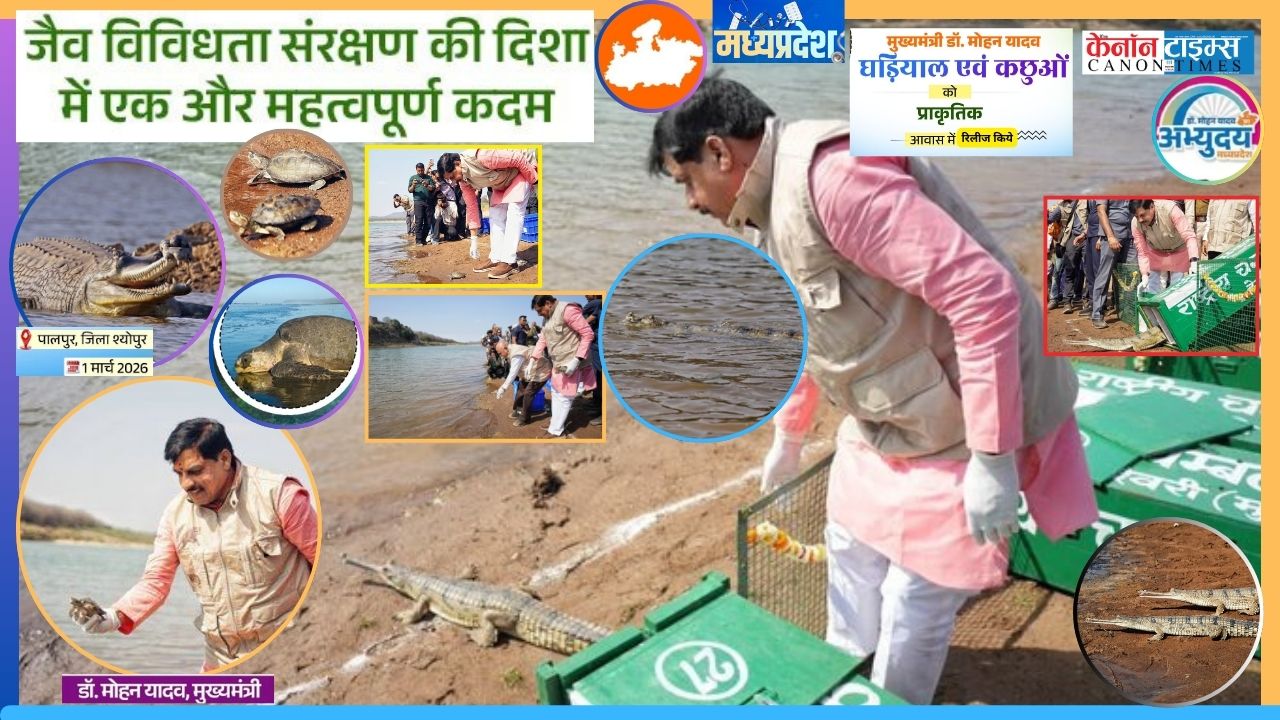Northern India has seen the longest heatwave in the past 15 years. Minimum day temperatures in several states have routinely exceeded 45°C, while those in milder states have been at least 3°-6°C higher than average for this season. The lack of moisture and rain has resulted in regularly high nighttime temperatures of 3°-6°C above usual.
The monsoon has also been slow.
The monsoon has been trapped in central India since June 12, despite its early onset. The India Meteorological Department predicted ‘normal’ rainfall in June over India prior to the commencement of the storm in Kerala. The prediction has been modified to be ‘below average’, indicating a minimum 8% shortfall from the projected 16.69 cm for the month. The current update lacks knowledge about the monsoon’s progress, making it ineffective. Monsoons often arrive in the northwest and northern states between June 25 and July 1. It’s unclear if the monsoon’s current hiatus will extend these dates. A protracted break could put further strain on the infrastructure in these states.
On June 17, the Power Ministry reported the largest single-day demand in northern India, reaching 89 GW (89,000 MW). To meet the power demand, about 25%-30% required to be “imported” from other regions (south, west, east, and north-east) and potentially Bhutan. An exact breakdown was not disclosed.
Although the Ministry claimed credit for fulfilling demand, it highlights the strain on infrastructure. The installed power capacity in northern India is 113 GW (1,13,000 MW). If the grid still needs to import power, it may not be able to use its full potential. On the same day, Delhi’s international airport experienced a half-hour outage. Prolonged heatwaves and cooling demand would put further strain on the system. The Delhi water problem further complicates the situation. Water pilferage is a constant issue, but the heat has increased demand. Haryana, a vital source of water for Delhi, has refused to expand supply claiming their own limits. The protracted summer should be treated as a natural disaster by both the Centre and States, putting politics aside.
ABHISHEK VERMA
Author: This news is edited by: Abhishek Verma, (Editor, CANON TIMES)
Authentic news.






